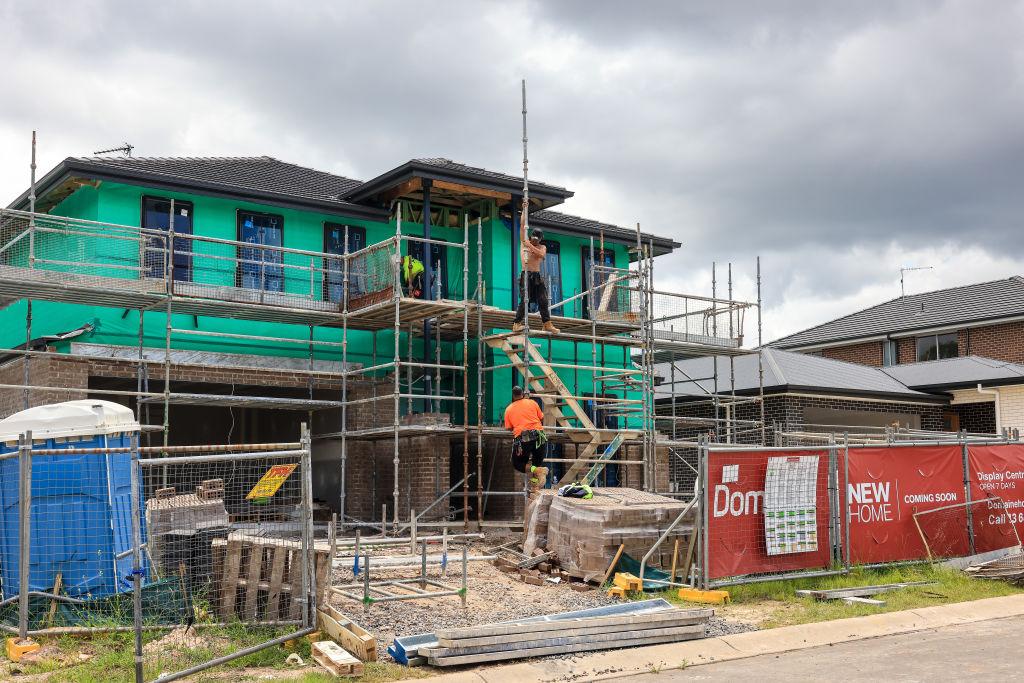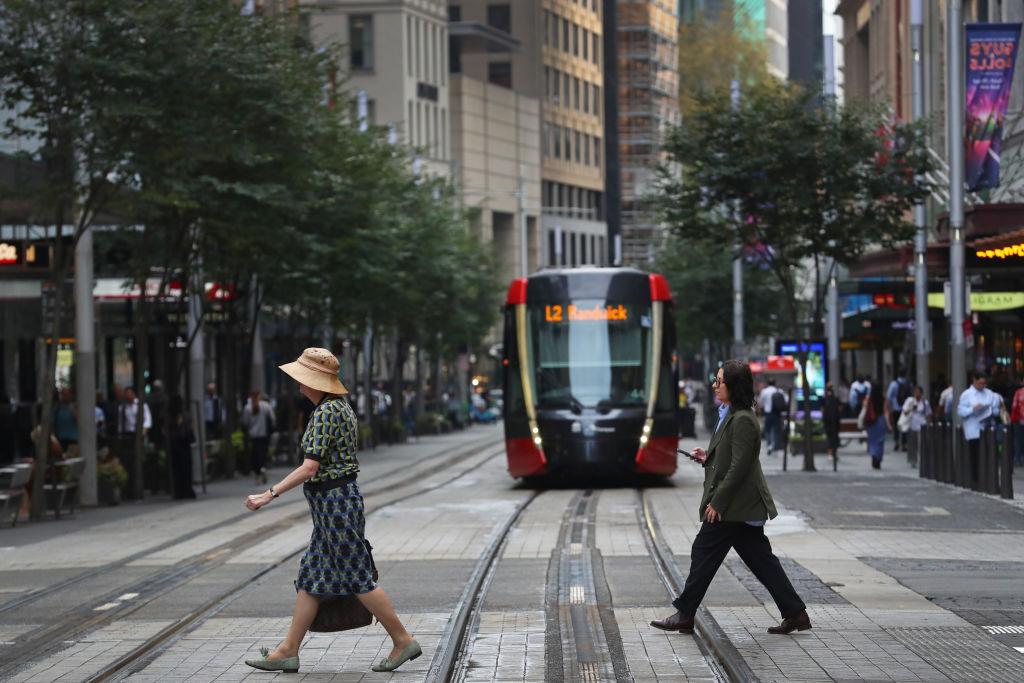Having a stable and regular income is no longer enough to enter the housing market in Sydney as prices continue to skyrocket, research from the University of Technology Sydney (UTS) and the University of New South Wales (UNSW) suggests.
Published in the journal Cities, the study examined the relationship between housing affordability and employment contracts in Australia.




